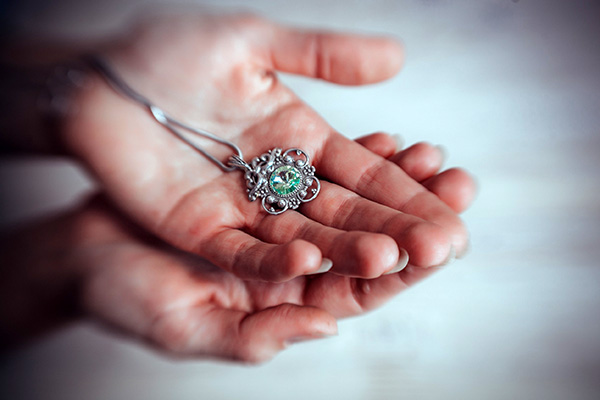remembrance
Coping With The Loss Of A Loved One
 The loss of a loved one is one of the most profound and challenging experiences we can have. Even if we have a deep spiritual belief that our loved one has crossed over into the spirit realm free of pain and suffering, the grief of their physical absence remains.
The loss of a loved one is one of the most profound and challenging experiences we can have. Even if we have a deep spiritual belief that our loved one has crossed over into the spirit realm free of pain and suffering, the grief of their physical absence remains.
It is natural to mourn their departure, to feel the sting of their absence in our daily lives, and to struggle with the reality of a world that feels less complete without them.
For those who have lost a parent, this grief can bring an added layer of vulnerability. Regardless of our age, the loss of a mother or father can leave us feeling untethered, with a foundation in life that once provided security and guidance now shaken. Even if we have spent years caring for them through illness or decline, their passing can still leave us feeling profoundly alone.
This transition marks a significant shift, not only in our outer reality, but also in our inner identity. And yet, in the depths of grief, there is an opportunity for deep reflection, gratitude, and connection.
One of the most powerful ways to navigate grief is to focus on gratitude for the connection you shared with your loved one. Their love, wisdom, and presence shaped you in countless ways, and that influence does not disappear with their passing. Celebrate their life with vigor. Share their stories, embrace cherished memories, and allow their laughter to echo through your heart.
Grieving The Loss Of Loved Ones With Grace
 Few of us have not experienced the loss of a loved one, a parent, a partner or even a child. Most of us have also witnessed or experienced the many ways in which people try to cope with such an insurmountable loss.
Few of us have not experienced the loss of a loved one, a parent, a partner or even a child. Most of us have also witnessed or experienced the many ways in which people try to cope with such an insurmountable loss.
Coping with the huge gaping hole that such a loss leaves in our lives can have a negative impact on people’s behaviour. Some turn to extremes: alcohol, drug abuse, overeating, prescription drugs, or any of the other things people use to numb their pain and deflect the overwhelming feelings associated with loss and grief.
What we ultimately learn is that there is no set time frame in which such profound pain can be dealt with. It can take weeks, months, years or even decades for some. But even when the worst is over, we never really get over the sense of loss. We simply learn to cope and get on with our lives, forever changed, as best we can.
However, the greatest tribute we can pay the loved ones we have lost is to grieve with grace and dignity. Abusing substances or indulging in other distractions may temporarily numb our pain, but how does that honour the memory of the one we professed to care so much about? It also does not allow us to confront and process our emotions in a healthy and constructive manner. Grieving is natural and necessary. When we try to avoid our grief, we miss out on opportunities for personal growth, self-reflection, and ultimately finding peace with the loss.


